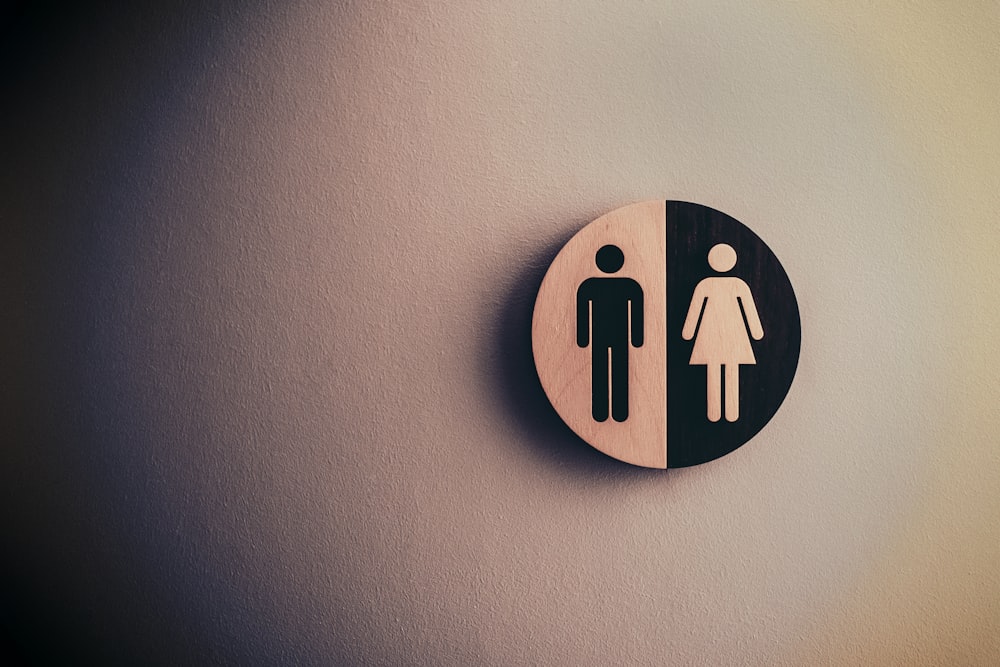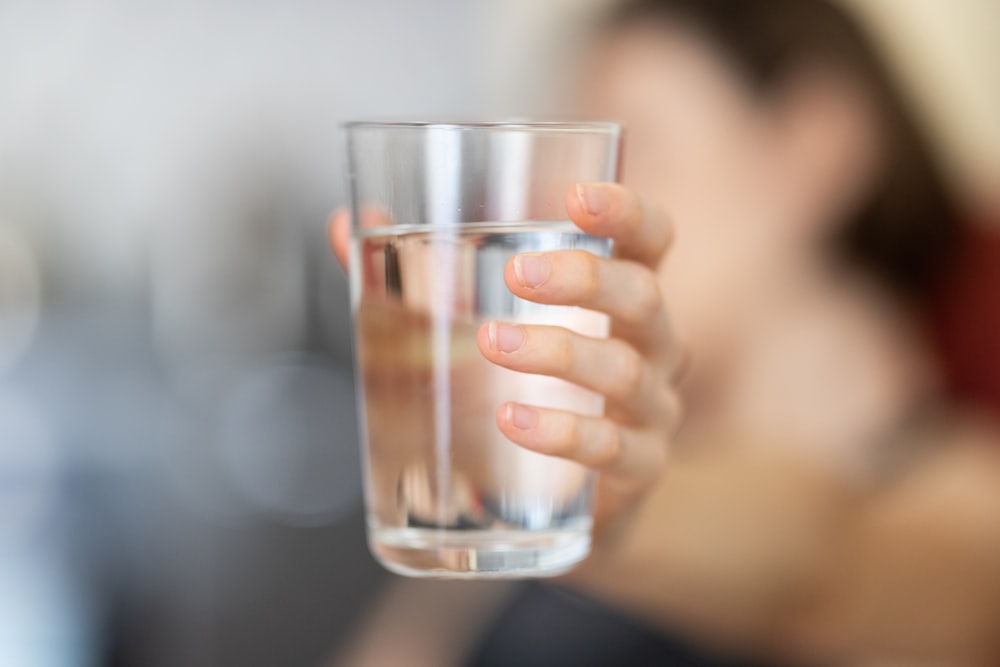Few things can be more rejuvenating than a full night of uninterrupted sleep — but if your rest is disturbed by one (or several) midnight trips to the bathroom, you probably won’t feel as well rested as you should. While this may only be an occasional problem for some (like if you drank too much water before bedtime), others deal with this on a near-nightly basis.
As it turns out, obstructive sleep apnea could be a contributing factor to why you keep waking up to go to the bathroom at night. Understanding the connection between these conditions can help you get necessary care so you can enjoy higher-quality sleep.
Does Sleep Apnea Really Make You Have to Go to the Bathroom?

First things first: does having untreated sleep apnea actually make you more likely to have to go to the bathroom at night? Research suggests that the answer is yes.
In fact, half of all individuals who have obstructive sleep apnea also experience nocturia, which is defined as needing to regularly get up at night to go to the bathroom. While nocturia is a relatively common condition, even among people who don’t have sleep apnea, untreated sleep apnea has been found to affect the body hormone atrial natriuretic peptide (ANP), causing the body to produce more urine during sleep and increasing the likelihood of a nighttime awakening to go to the bathroom.
With sleep apnea already causing repeated sleep disruptions due to breathing interruptions, the additional visit (or visits) to the bathroom can further disrupt sleep patterns, making it difficult to go through a complete sleep cycle.
Sleep apnea also increases the risk of developing type 2 diabetes, which can also increase the potential for nighttime urination by causing nerve damage to the urinary tract.
On the other end of the spectrum, while having an overactive bladder isn’t going to cause sleep apnea, it can make symptoms worse. The additional disruptions resulting from nightly bathroom trips will compound the effect of sleep apnea-related disruptions, leaving you feeling even more exhausted the next day.
The ongoing effects of these sleep disruptions can significantly lower your quality of life. Extreme fatigue can make you more likely to fall asleep while driving or at work, which increases the risk of getting in an accident. Poor sleep quality has been found to increase the risk of heart disease and high blood pressure, as well as anxiety and depression. High blood pressure and heart disease can also increase the risk for nocturia!
While feeling tired after a poor night’s sleep may not seem like a big deal at first, these issues will compound over time — which makes addressing sleep apnea a top priority.
How Can I Make These Problems Go Away?

To get the highest-quality sleep possible, you should take steps to address both obstructive sleep apnea and overactive bladder. Fortunately, there are several straightforward things you can do to address these sleep-related issues.
First, there are several things you can do that can improve both sleep apnea and overactive bladder symptoms. Individuals who are overweight or obese are far more likely to develop obstructive sleep apnea. Because of this, physicians typically recommend exercising regularly to maintain a healthy weight. Keeping off the extra pounds doesn’t just improve sleep apnea symptoms, however. It can also reduce the effects of an overactive bladder.
You should also pay attention to what you drink before bed. Drinking too much of anything close to bedtime will make you more likely to need to wake up during the night to go to the bathroom. However, you should be especially mindful of avoiding beverages containing alcohol or caffeine, which can further aggravate both obstructive sleep apnea and nocturia. Alcohol, in particular, can increase the risk for obstructive sleep apnea by making the throat muscles more likely to relax and collapse during sleep.
To address nocturia, your doctor may recommend several additional lifestyle changes. Common practices include elevating your legs while sitting or wearing compression socks to help the body’s fluid distribution, doing exercises to strengthen pelvic floor muscles, or taking afternoon naps. Diuretics or other medications may also be prescribed.
For obstructive sleep apnea, a CPAP machine will be the go-to solution. CPAP machines provide a steady flow of pressurized air to keep the airways from collapsing. Many CPAP machines also include auto start/stop features, so if you do need to wake up to go to the bathroom, your machine will automatically pause and restart when you take your mask off and put it back on. To get a prescription for a CPAP machine, you will typically need to undergo a sleep study with a sleep specialist.
By discussing your symptoms with a medical professional, you can get an accurate diagnosis and begin taking steps to keep these conditions from disrupting your sleep.
Get Your CPAP Equipment From Help Medical Supplies
While there isn’t a “cure” for obstructive sleep apnea, CPAP machines have been found to be highly effective at preventing nighttime sleep disruptions so you can enjoy higher-quality rest. But if you don’t have good health insurance, you could find yourself paying for this expensive medical equipment out of pocket.
With Help Medical Supplies on your side, however, you can enjoy major savings on CPAP machines, masks, and more. With savings of hundreds of dollars off MSRP for select machines, free shipping on most orders of $99 or more, and available financing on purchases of $500 or more, getting this essential equipment doesn’t have to break the bank. And that’s sure to help you sleep better.

